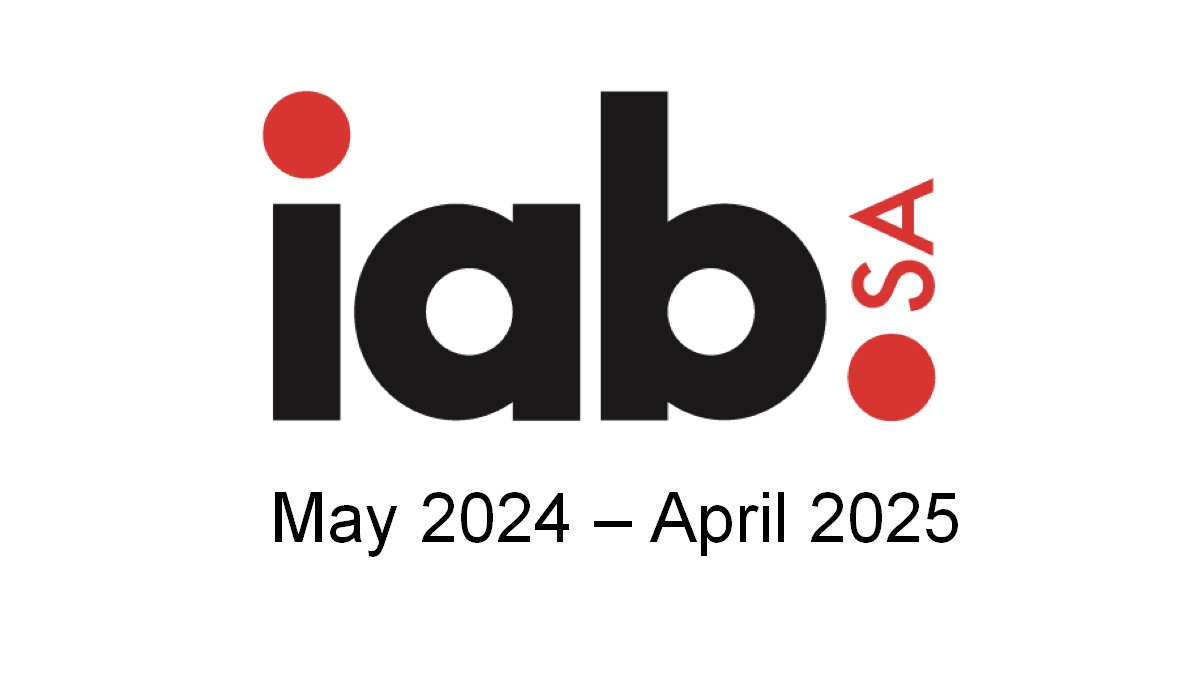We must talk about the elephant in the room at the Senzo Meyiwa trial. A pink elephant that is taking up most of the courtroom.
It reminded me of a joke that said: Until you withdraw money at the automated teller machine (ATM) in your mother tongue, you have no business … you can fill in the rest.
Here are a few examples:
… criticising parents who speak to their children in a particular language because it is the language that is used to assess them at school.
… assessing a person’s competency in a particular skill based on their use of a particular language.
The answers are many. What language do you select at an ATM?
A colleague – whose mother tongue is isiZulu and who grew up in KwaZulu-Natal in an area in which her tongue and ear were so fine-tuned in her first language long before she was able to utter her first word– coyly admitted she does not use the King’s language at the ATM.
She said she tried once to withdraw money in isiZulu, but she ended up cancelling the transaction, and switched to English.
Imagine some of you, who switch to two or more vernacular languages in one conversation with family members, friends, colleagues or neighbours. And then there are those friends, neighbours or colleagues who are not first languages speakers of a particular vernacular language, but because it is the dominant language in their area, workplace or circle of friendship, you forget that you share the same mother tongue and speak the dominant language even when unnecessary.
Relevant conversations are happening regarding mother tongues and their role in improving the quality of learning and teaching in school.
Basic Education Minister Angie Motshekga and her department are forging ahead with plans to incorporate mother tongue languages as languages of teaching and learning in schools. Some provincial education departments are already running some pilot programme in isiXhosa and Sesotho as languages of teaching.
We have 11 official languages. We will have 12 languages in the not-so-distant future once the long process of adding South African Sign Language as an official language is concluded.
Conversations are also shifting from official languages to languages of instruction, and languages of teaching and learning. We can have as many official languages as our fine constitution allows, but if they don’t find expression in languages of teaching and learning, and languages of instruction – they will not grow and evolve.
Back to the elephant in the room at the Meyiwa trial. The courtroom is as dark as night and the language as white as snow. What conversations are happening in our justice system regarding mother tongues?

Follow @SundayWorldZA on Twitter and @sundayworldza on Instagram, or like our Facebook Page, Sunday World, by clicking here for the latest breaking news in South Africa. To Subscribe to Sunday World, click here



